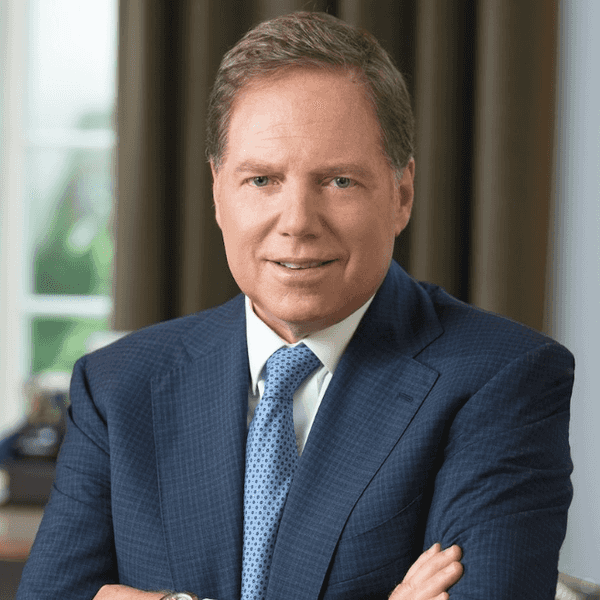It’s Time To Banish ‘Trump Says’ Headlines — They Don’t Work

Reprinted with permission from Media Matters for America.
The New York Times made the same headline misstep twice in four days.
Typing up reports based on President-elect Donald Trump’s tweets and staged announcements, the Times presented as breaking news — and in a very Trump-friendly manner — the contents of his latest utterances:
- “Trump Says He Has Hacking Information Others ‘Don’t Know’” (December 31)
- “Trump Says Intelligence Officials Delayed Briefing on Russian Hacking” (January 3)
Obviously, public pronouncements from incoming presidents can, and should, be treated as news. The problem with the “Trump says” formula (and similar variations) that the Times and other news outlets have adopted since Election Day is that what Trump said was, at best, either baseless or openly disputed.
There’s no indication Trump will ever reveal new information about U.S. government allegations that Russians unleashed cyberattacks against the Democratic Party. (And it certainly didn’t happen on “Tuesday or Wednesday” this week, as Trump originally suggested.) An aide quickly downplayed the notion that Trump would even try.
And while Trump claimed his intelligence briefing on the hacking topic was “delayed” from Tuesday until Friday, as the Times article itself makes clear, “senior administration officials disputed it, saying that no meeting had been scheduled for Tuesday.”
Trump’s claims falling apart shouldn’t be a surprise, though, since the president-elect has shown himself to be a committed liar who will falsify all kinds of information.
And therein lies two ongoing problems. One: How does the press treat a new president who is a habitual liar, the likes of which we’ve never seen in U.S. presidential politics? And two: How does the press treat an incoming president whose primary form of communication is Twitter, which means he refuses to take most press questions or be held publicly accountable for his claims?
Those parallel-track problems then produce a third one: lazy, misleading headlines that play right into Trump’s strategy of routinely lying while also being historically inaccessible to reporters. Within that sphere, I’d suggest there’s a very specific headline problem — the “Trump says” formula. Solution? Ban uncritical, context-free “Trump says” headlines. It’s a good first step.
Yes, most politicians, on occasion, like to bend and twist the truth to their favor. But Trump has been cracking the truth in half, and in full public view, since he entered the presidential race in June 2015. (Here’s a list of 560 documented falsehoods Trump told in the span of only four weeks during the campaign.) People like that don’t deserve the benefit of the doubt, and benefit of the doubt is what drives “Trump says” headlines.
The headlines often revolve around what Trump has stated on Twitter. Or misstated on Twitter, to be more accurate. With no real access to him, journalists are reduced to a this-is-what-Trump-said-today style of reporting, as if they’re covering the utterances of a reclusive royal family member.
If Trump’s tweeted claims are almost always disputed and often proven wrong, the dispute should be the headline; that’s what the news of the day is, not the fact that Trump floated some new nonsense; not what “Trump says.” If Trump tweeted that the moon was made of cheese, news organizations shouldn’t produce a “Trump says” headline for him, while also quoting experts in the article itself who confirm the moon is not a dairy-based orbital.
As Times columnist Paul Krugman noted this week:
Memo to newspapers: if Trump says something false, and headline reads “Trump says X”, it doesn’t matter if u say later it’s false
— Paul Krugman (@paulkrugman) January 4, 2017
Another problem is that the timid mentality behind “Trump says” headlines often leads to timid reporting.
Note that last week Trump made news when he claimed responsibility for Sprint bringing back 5,000 jobs to the United States. Trump insisted that the jobs were coming back “because of me.”
That boast immediately produced a rash of Trump-friendly headlines. And yes, it produced plenty of “Trump says” headlines:
WSJ: “Trump Says Sprint Bringing 5,000 Jobs Back to U.S.”
New York Post: “Trump says Sprint is bringing 5,000 jobs back to US”
Reuters: “Trump says Sprint to bring 5,000 jobs back to U.S.”
But those Sprint jobs were part of a previously announced, pre-election jobs initiative by the telecommunications giant. Which means this Bloomberg headline was perhaps the most accurate: “Trump Seeks Credit for 5,000 Sprint Jobs Already Touted.”
By choking off access with the press, Trump has produced a media thirst for presidential pronouncements and tidbits of news; tidbits that now arrive on the form of inaccurate tweets. The press needs to stop rewarding Trump’s strategy with passive and misleading “Trump says” headlines.
IMAGE: U.S. President-Elect Donald Trump speaks at event at Carrier HVAC plant in Indianapolis, Indiana, U.S., December 1, 2016. REUTERS/Chris Bergin








